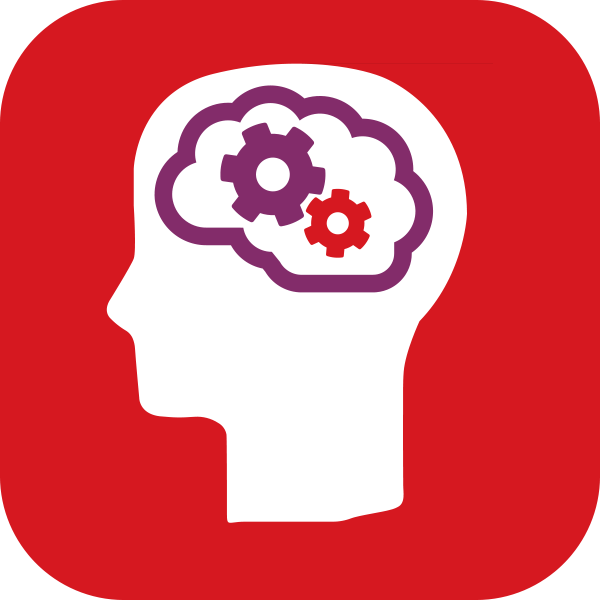The Cognitive Abilities Test (CAT4) is well known for providing robust indicators of future GCSE and A level results - but to solely use it for this purpose misses out on its potential.
As a system, we are data driven and have become increasingly over-focussed on national examinations which act as a ‘post-mortem’ on each student’s progress. The alternative is more closely aligned to what teachers do best: helping their students to improve and take the next steps in their own learning. Assessments like CAT4 help teachers to really understand the potential of each of their individual students.
Three ways CAT4 can be used to support learning
- CAT4 validates teacher judgment and complements teacher knowledge about each student
It provides an in-depth analysis of each student’s strengths and learning attributes. This allows teachers to plan more accurately the next steps in their learning and how to best set tasks that enable them to progress. CAT4 can help teachers to differentiate more effectively in a positive and proactive way. Teaching is no longer something that is simply delivered to the whole class from the front of the room. Being data informed allows teachers to really respond to each child’s specific learning needs – and CAT4 is hugely valuable here. - CAT4 can provide a reason to further assess or confirm a hunch about a particular student
For example, a student with high spatial skills may mask their potential if they are underperforming in conventional responses to written work. According to research by GL Assessment, children with high spatial skills but poor verbal skills constitute 4% of the school population, the equivalent to 30,000 students across each year group. These children have the potential to be missed as the curriculum and testing regimes are overwhelmingly biased towards literacy. - CAT4 can also identify particular individuals or groups who are under-performing and inform ways of addressing the issue
A student with a low quantitative score will need more general support in numerical subjects, for example, whereas a student with a low verbal score will need more general support in language content-heavy subjects. In this unusual year, these relative weaknesses will, of course, have been magnified by lost learning.
CAT4 can be used effectively at school, year, department and teacher level
CAT4 data can be triangulated with other forms of data and teacher assessment for the benefit of the whole school. This is particularly useful at transition and especially at uncertain times like these when the data can also aid identifying how best to respond to gaps in learning. The tests can also be used to identify trends and subtle differences between intakes each year.
For a year leader or tutor, if CAT4 is used alongside Pupil Attitudes to Self and School (PASS), it can help identify a range of specific issues such as loss of motivation or confidence and can often help flag the students who might otherwise be missed. Learning, motivation and attitudes are, of course, closely connected. Where loss of motivation is due to a factor that a teacher can control, such as the student’s experience of learning, the data can help us be better informed and adapt accordingly.
For a curriculum or subject leader, the four elements in CAT4 - verbal reasoning, non-verbal reasoning, spatial reasoning and quantitative reasoning – also act as useful indicators of likely strengths in specific subjects. This allows subject leaders to analyse and reflect on plans and schemes of work and how far they really meet students’ learning needs. Most importantly of all, CAT4 acts as an aid for each teacher to really know each learner: their potential, their strengths, weakness and areas where improvement is most likely to occur.
Don’t use CAT4 just to plan for the future; use it to help improve the present
CAT4 can enable teachers to be more proactive and better informed. As a proponent of the value of teacher assessment - assessment by the person who knows the student best - I also know teacher assessments are stronger when validated and informed by easy-to-administer standardised tests, underpinned by large scale use, such as CAT4.
Every day, teachers add value to students’ learning. CAT4, by helping teachers be better data informed, can really aid what teachers do best – making a difference for every young person in their care.
So, don’t just leave this valuable data in the hands of the senior team or data analyst at your school, and don’t just use it to forecast the future. Instead use it to help improve the present and to play its part by helping teachers do what they do best.
Visit www.gl-assessment.co.uk/CAT4 to find out more.



